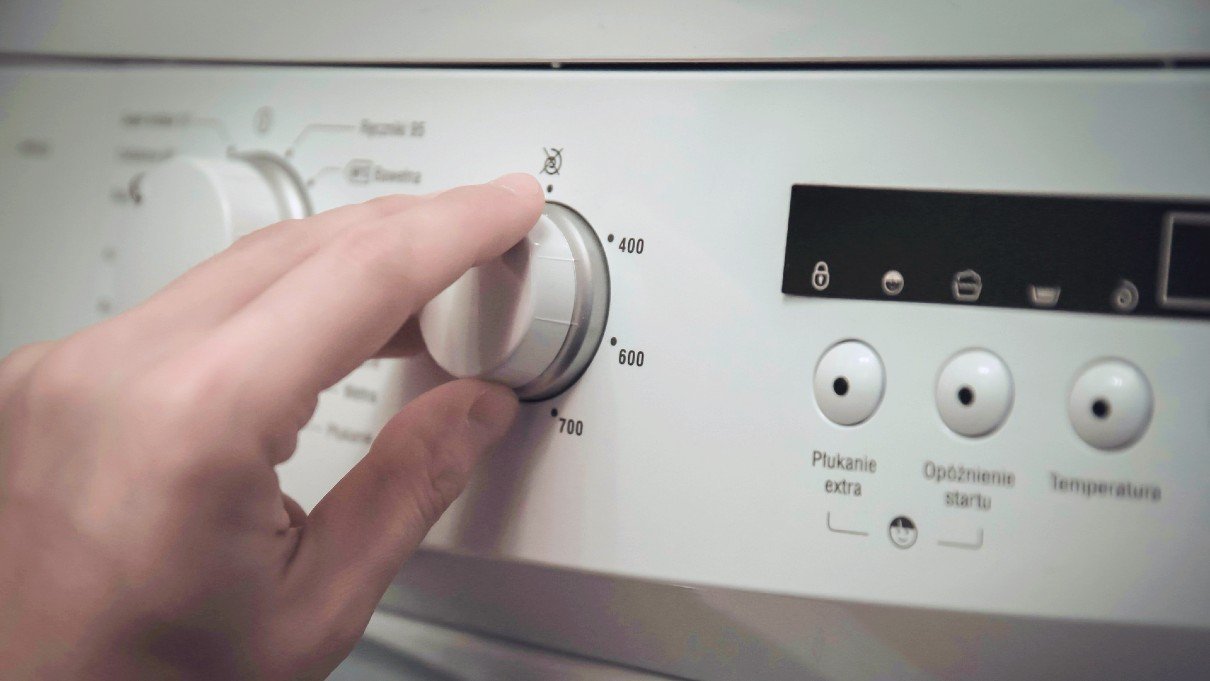Is It Really Safe to Use Vinegar to Clean My Washing Machine?

For a while now, vinegar has been touted as the perfect eco-friendly cleaning detergent. People are using it to do their laundry, clean their appliances, and even wipe surfaces.
But while some swear by its effectiveness and safety, many are doubtful.
So is vinegar truly safe for your washing machine?
Well, that’s exactly what you’re about to find out.
Can and should you use vinegar in your washing machine?
According to experts, this may affect front load washers more than top-load ones.
And if you rely on vinegar to clean your clothes by hand as well, we have some news for you – it isn’t even nearly as effective as commercial detergents.
So it’s best to cut down your vinegar use to an occasional occurrence.
Which type of vinegar can you use and how much should you use?
The best types of vinegar for cleaning your clothes or washing machine are distilled white vinegar and apple cider vinegar.
While you only need a ½ cup of distilled white vinegar to do a load of laundry, you will need at least one cup of apple cider vinegar to do the same.
This is because distilled white vinegar is more concentrated than apple cider vinegar – it is the strongest of all kinds of vinegar containing 5% to 10% of acetic acid while apple cider vinegar usually contains only 4% to 6% of acetic acid.
Another difference between these two kinds of vinegar exists in their colors and tastes. Distilled white vinegar is clear and sour while apple cider vinegar is brown with a sweet and sour taste.
What else can vinegar damage?
Apart from your washing machine, there are other appliances, tools, and surfaces that vinegar can damage. These include:
- Knives: Vinegar’s acidity can corrode the metallic part of your knives, leaving them dull and blunt. To avoid this, just use soap and warm water to clean your knives. This also applies to any utensils made of aluminum and copper parts.
- Hardwood flooring: Even when diluted, vinegar can damage hardwood flooring. It is particularly known to dilute its finish, leaving it dull and cloudy. So serious is this matter that some manufacturers will actually void their warranty if they realize you used vinegar to clean the hardwood flooring.
- Marble countertops: It is a really bad idea to use vinegar to clean your marble countertops – it makes them lose their shine, leaving you with a pitted mess. For best results, avoid any harsh products altogether. They aren’t good for marble – stick to warm water and mild detergent instead.
- Device screens: Even though vinegar is really good at cleaning windows, you should never use it to wipe the screen of your phone, tablet, computer, or TV. It can make your touchscreen less responsive and even mess with its anti-glare properties.
Hold back on the vinegar
Although vinegar is quite a sustainable and useful cleaning alternative, always do some research before using it on your items.
Otherwise, you may end up damaging some of your most prized possession.
